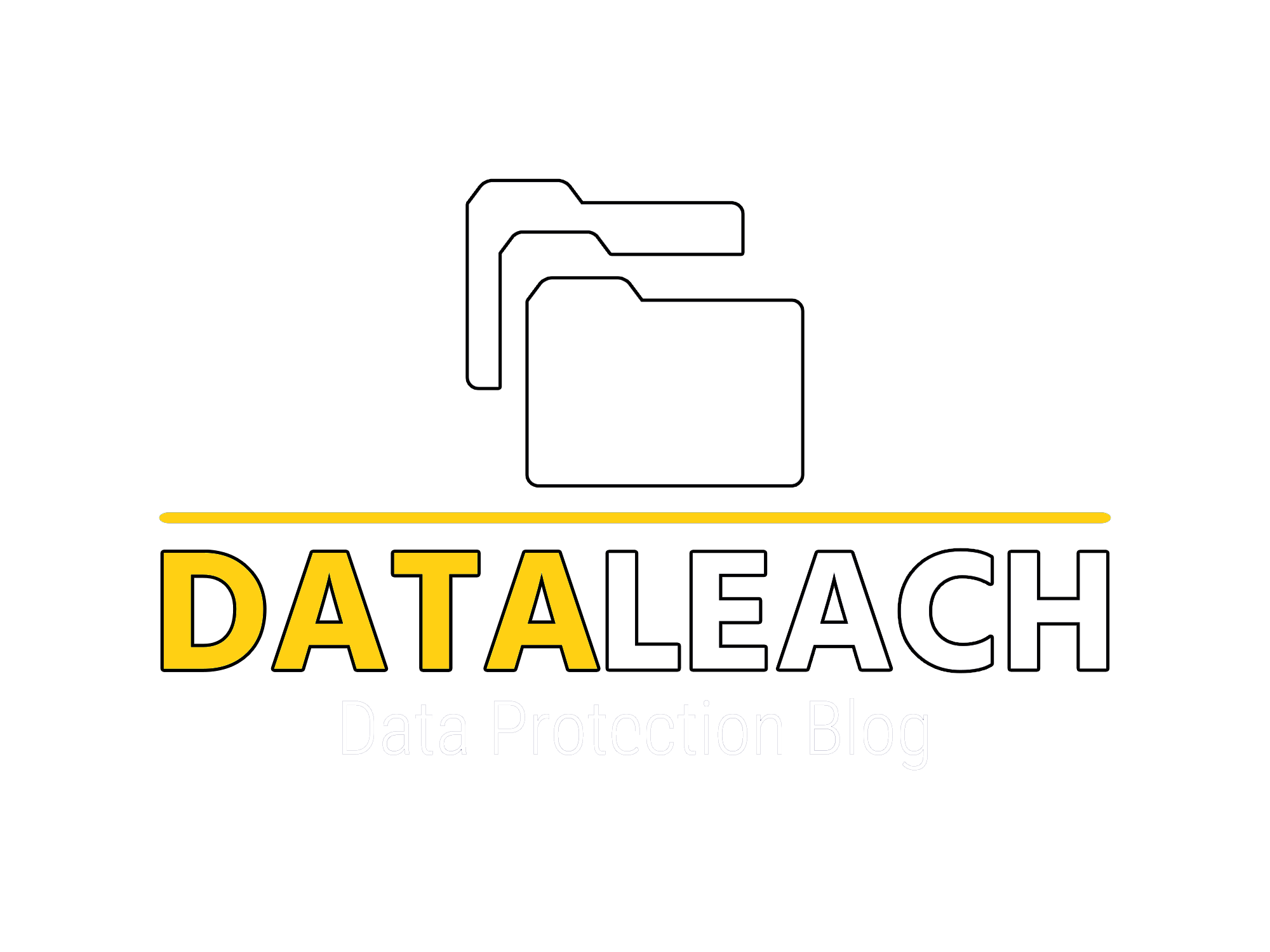Recovering data from servers is a critically important task for businesses of all sizes. Data loss can lead to severe financial losses and negatively impact a company’s reputation. Therefore, choosing a reliable and efficient data recovery tool is a priority for IT specialists.
In this article, we will review the top 5 programs for data recovery from servers, evaluating their various parameters and highlighting the key features of each.
1. EaseUS Data Recovery Wizard
EaseUS Data Recovery Wizard rightfully occupies one of the leading positions in the data recovery software market. This tool supports a wide range of file systems and server types, offering powerful data recovery functions.
Features:
- Data Recovery: EaseUS is capable of recovering up to 1000 different file types, including documents, photos, videos, and many others. Support for RAID arrays and the deep scan function ensures high efficiency in data recovery.
- Ease of Use: The intuitive interface and the ability to preview files before recovery significantly simplifies the data recovery process.
Practical Application:
EaseUS Data Recovery Wizard can be used to recover data after accidental deletion, malware attacks, hardware failures, and other situations leading to data loss.
2. Stellar Data Recovery
Stellar Data Recovery is a comprehensive solution for data recovery from servers, supporting numerous file systems and server types.
Features:
- Server Support: Stellar provides data recovery from Windows and Linux servers, as well as from virtual machines.
- Data Protection: The ability to recover data from encrypted disks and tools for repairing damaged database files make Stellar a reliable choice for businesses.
Practical Application:
Stellar Data Recovery is ideally suited for data recovery after accidental deletion, partition failures, virus attacks, and many other data loss scenarios.
3. R-Studio
R-Studio is an advanced data recovery tool developed with the needs of IT professionals and technical experts in mind.
Features:
- Flexibility: R-Studio supports data recovery from network disks and offers advanced settings for experienced users.
- Technical Capabilities: A built-in HEX editor and support for recovering data from partitions with a damaged file system make R-Studio a powerful data recovery tool.
Practical Application:
R-Studio is ideal for recovering data in complex and non-standard situations that require deep technical knowledge and flexibility in setting up the recovery process.
4. Disk Drill
Disk Drill is a user-friendly data recovery tool that offers a wide range of functions for recovering lost files.
Features:
- Intuitiveness: Disk Drill offers a friendly interface and ease of use, making it accessible even for inexperienced users.
- Additional Functions: The ability to create a disk image for safe data recovery and built-in tools for preventing future data loss make Disk Drill a versatile solution.
Practical Application:
Disk Drill is suitable for a wide range of users, from home users to small and medium-sized businesses, and can be used for data recovery after accidental deletion, system crashes, and other types of data loss.
5. Acronis Cyber Backup
Acronis Cyber Backup is a powerful and reliable data backup and recovery solution designed to provide maximum data protection for enterprises.
Features:
- Complete Data Solution: Acronis offers extensive capabilities for data backup and recovery, supporting cloud and virtualization work, and provides advanced options for working with various types of data and servers.
- Threat Protection: Built-in tools for protection against malware and ransomware provide an additional level of security for server data.
Practical Application:
Acronis Cyber Backup is ideally suited for large enterprises and organizations with high data security requirements, offering a comprehensive solution for data backup and recovery.
Data Security Tips
In addition to choosing the right data recovery program, ensuring the security of your server data is paramount. Implementing sound data security practices can help prevent future data loss incidents. Here are some essential data security tips:
- Regular Backup Practices: Establish a robust backup routine for your server data. Regularly scheduled backups can be a lifesaver in the event of data loss.
- Utilize Antivirus Software: Use reliable antivirus software to protect your servers from malware and virus attacks that may lead to data corruption or loss.
- Implement Firewall Protection: Employ firewalls to safeguard your servers against unauthorized access and potential security breaches.
- Data Encryption: Employ encryption techniques, especially for sensitive data, to ensure that even if data is compromised, it remains unreadable to unauthorized individuals.
- User Access Control: Implement strict user access control policies, limiting server access to authorized personnel only, to minimize the risk of accidental or deliberate data deletion.
- Regular Software Updates: Keep your server software and operating systems up to date to patch vulnerabilities and enhance security.
- Security Audits: Conduct periodic security audits and vulnerability assessments to identify and rectify potential weaknesses in server security.
- Employee Training: Educate employees about data security best practices, such as recognizing phishing attempts and maintaining strong password practices.
- Disaster Recovery Plan: Develop a comprehensive disaster recovery plan that includes steps for data recovery and business continuity in case of catastrophic events.
By following these data security tips, you can proactively protect your server data, reducing the likelihood of data loss and the need for data recovery tools in the first place.
Seeking Professional Assistance
While implementing data security measures and using data recovery programs can significantly mitigate data loss risks, there may still be situations where expertise beyond your scope is required. In such cases, don’t hesitate to seek help from professionals. Here’s what you should consider:
Data Recovery Services: There are specialized data recovery services available that can assist in retrieving lost data from servers in challenging situations. These services often have advanced equipment and techniques to recover data from physically damaged drives or severely corrupted systems.
Conclusion
Choosing a program for data recovery from servers is a responsible task that requires a thorough analysis of an organization’s requirements and the capabilities of the available tools. Each of the programs reviewed has its unique features and advantages, and it is important to carefully study them to choose the most suitable option.
EaseUS Data Recovery Wizard offers a wide range of functions and ease of use, making it an excellent choice for most data recovery scenarios. Stellar Data Recovery and Acronis Cyber Backup offer advanced capabilities for working with servers and provide a high level of data protection. R-Studio and Disk Drill offer unique technical capabilities and flexibility in settings for professionals and experienced users.
The choice of a suitable tool for data recovery from servers depends on the specifics of your IT infrastructure, data security requirements, and budget. Assess your needs, explore the market offerings, and choose the program that best meets your requirements to ensure reliable data recovery and protect vital business information.

